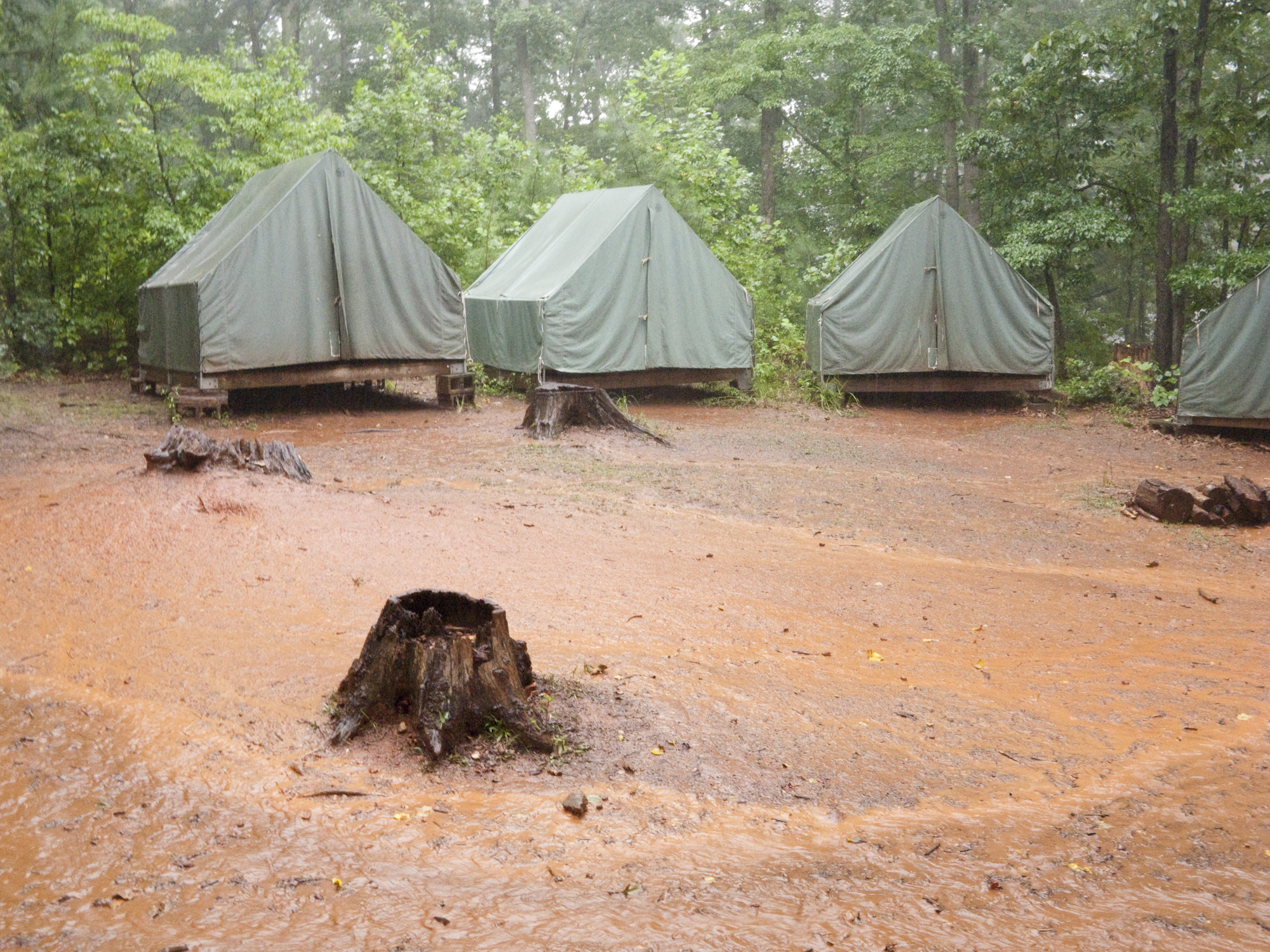
Summer camps across the United States and Canada – including many Jewish overnight camps – are closing due to the coronavirus. And sure, this news is going to be tough for our kids—but it’s also tough on parents as well. As parents are watching their carefully curated childcare plans (not to mention much-needed kid-free time) disappear with no clear plan for how to get through the summer, they’re also tackling the more immediate need of talking to their kids about changing plans.
While this won’t be a fun conversation, there are some choices you can make that will help it go as smoothly as possible. Here are some tips for breaking the news to your children:
If your camp hasn’t yet closed, prepare your children for the possibility that it might. Starting the conversation ahead of time may help soften the blow if and when the news finally lands. This can be as simple as, “Many camps are closing this summer. We haven’t heard from our camp, but I will let you know as soon as we do.”
Let yourself grieve first, if you can. This may feel like an especially significant loss for those folks who loved their own camp experience or who rely on camp for childcare. It’s totally reasonable for you to be sad about this, and if you can give yourself a little time to grieve, it will be easier to share the news with your child.
Talk to your kids at a time when they aren’t already a mess. Don’t wait until bedtime, and pick a time when they’re not already super hungry or grumpy to share the news.
Be straightforward. Don’t start the conversation with, “OH NO, we just got the worst news EVER.” Rather, try something like, “We just learned that camp will be closed for the summer.”
Let your kids be sad or angry or confused. Don’t rush in to fix the situation or your kid’s feelings. Resist the urge to say things like, “It won’t be that bad! We’ll have lots of fun at home!” Don’t make promises you can’t keep. It can be so hard to watch our children struggle with painful feelings, but it’s an important life skill for them to practice, and they’re unlikely to feel better until they do.
Remember that any reaction is okay. Your kids might be terribly upset about missing camp this summer, or they might not be. They might express their feelings now, or you might hear more in the coming days and weeks. Whatever happens, it’s all right. The feelings might be unpleasant or confusing, but that doesn’t mean there’s anything wrong with them.
Offer opportunities for your kids to connect with camp friends. Texting, chatting, or Zooming with friends or counselors will help ease the blow and maintain these important relationships.
Finally, keep a little perspective for yourself and your kids. This virus won’t last forever. We will get through it, and we will get back to camp. As Rabbi Isaac Saposnik said in the email that my family received about the closing of Camp Havaya this summer: “There’s a Jewish tradition that teaches about yeridah letzorekh aliyah – going down for the sake of coming back up. This is definitely one of those moments… This is the yeridah, the low moment – and we can’t wait for the aliyah, for the countless ways we will rise together in the days, weeks, and years to come.”
Family Activities
About the Author
Carla Naumburg, PhD, LICSW is a clinical social worker, writer, and speaker. She is the author of three parenting books: Ready, Set, Breathe: Practicing Mindfulness with Your Children for Fewer Meltdowns and a More Peaceful Family (New Harbinger, 2015) and Parenting in the Present Moment: How to Stay Focused on What Really Matters (Parallax, 2014), and the bestselling How to Stop Losing Your Sh*t With Your Kids (Workman, 2019). Her writing has appeared in The New York Times, The Washington Post, The Huffington Post, and Mindful Magazine, among other places. Carla lives outside of Boston with her husband, two young daughters, and two totally insane cats.
May 13, 2020